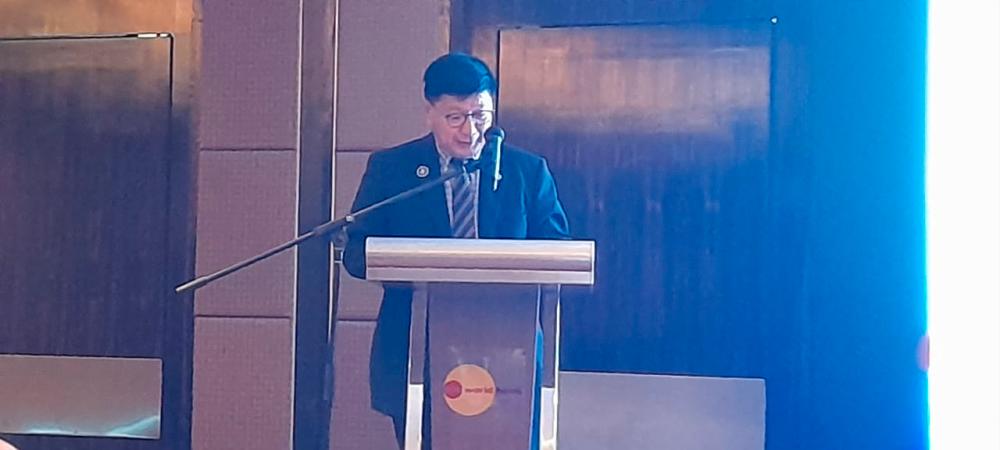PETALING JAYA: Malaysia can serve as a gateway for Chinese companies to export to the European Union and the United States, suggested National Chamber of Commerce and Industry of Malaysia and Federation of Malaysian Manufacturers president Tan Sri Soh Thian Lai.
Soh said China can leverage Malaysia’s strategic location, its established trade networks and its multilingual talent pool.
“Why not (China) work together with Malaysian SMEs and take Malaysia as the hub, and Malaysia can export to the European Union and also export to the USA under Malaysia as the production centre, as the centre of excellence,” he said at the Malaysia-China (Guangxi) Business Dialogue today.
Soh stated that there are plenty of opportunities between Malaysian entrepreneurs and the business community and China.
“As you know, China is very huge. China is close to 10 million square kilometres. China exported about US$3.3 trillion (worth of goods). It’s not billion, it’s trillions. And China also imports huge ... US$2.56 trillion (RM12 trillion),” he said.
Soh also highlighted the close relationship between the leadership of China and Malaysia with Prime Minister Datuk Seri Anwar Ibrahim having visited China three times so far.
This year marks the 50th anniversary of diplomatic relations between Malaysia and China, and in the coming weeks, the Chinese Premier Li Qiang, will also visit Malaysia, Soh said.
“So the activities are sure to flourish between both countries,” he added.
China has been Malaysia’s largest trading partner for 15 years, and Soh believes this will continue.
“China is already a global leader, not only in terms of technology but also in AI and business. Malaysia, being a small country, needs to learn from China,“ he said.
Soh stressed the importance of joint ventures between Malaysian SMEs and Chinese companies, particularly in areas such as IR4.0 technologies and advanced manufacturing processes.
He pointed out China’s expertise in sectors such as electronics and electrical (E&E), integrated circuit (IC) design, solar energy, renewable energy, and electric vehicles (EVs).
“In our towns, we can see that more than 60% of EV cars are from China. We hope that Malaysian companies can venture into EV batteries in Malaysia through joint ventures with China,“ he added.
He mentioned that Malaysia’s new industrial master plan NIMP 2030 focuses on sustainability and achieving net-zero greenhouse gas emissions by 2050.
“In terms of sustainability, in terms of ESG, China, you will be surprised. China is moving very, very fast. Many of the organisations, they already start to comply with this ESG. Whereas Malaysia side, we are still catching up. We hope under ESG, there are many China companies able to work together with Malaysia SMEs,” he said.
Soh concluded by encouraging Malaysian businessmen to look beyond Malaysia and consider global markets, particularly Guangxi in China, as potential areas for investment. “Global market is your market. Don’t stay just in Malaysia,“ he urged them.









